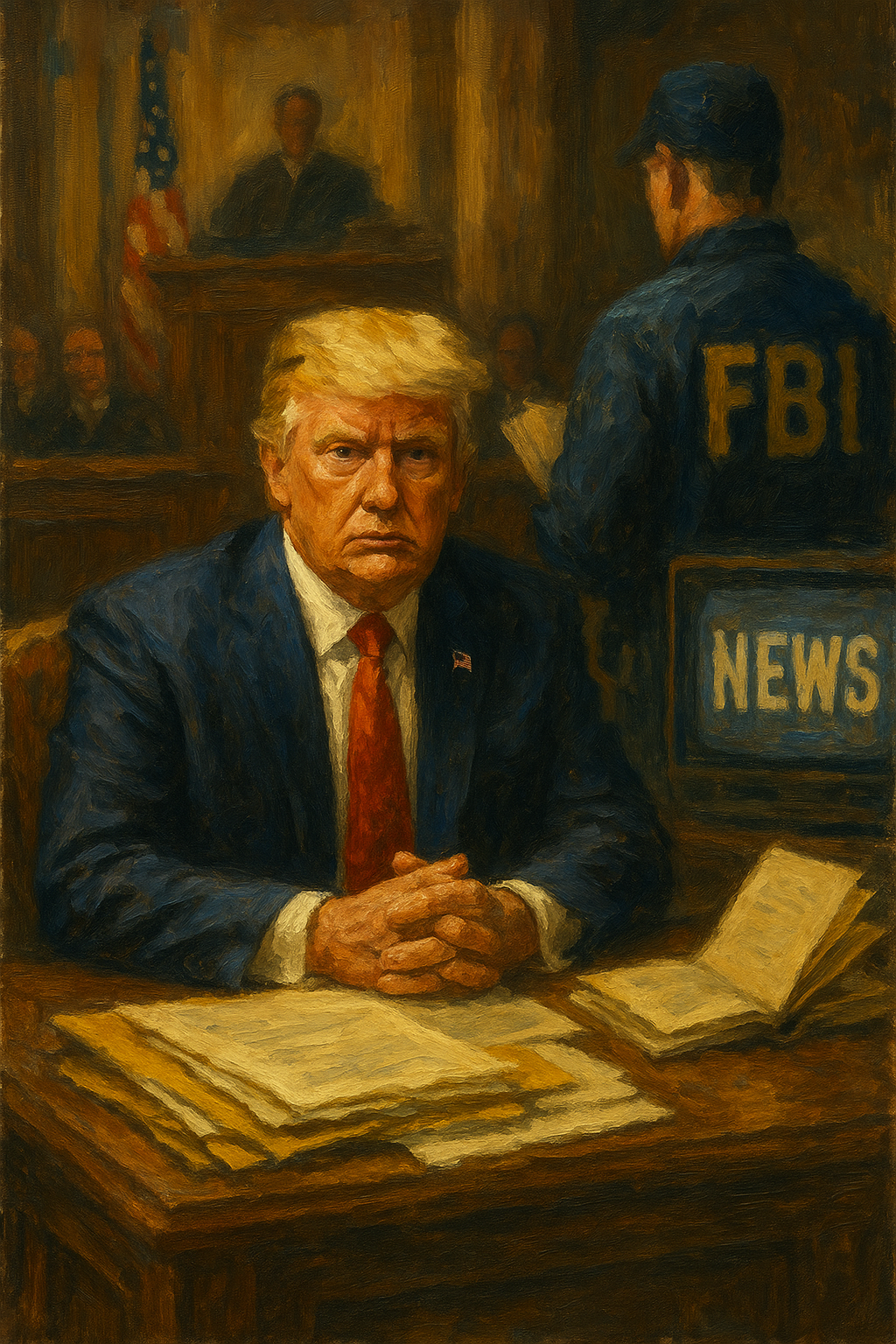The unfolding truth on trial Trump narrative is at the heart of a battle involving the FBI and the influence of media on public perception. In these turbulent times, the interplay between political narratives and legal challenges offers insight into the strategies employed by those in power. Understanding this dynamic is essential for discerning the truth behind the headlines.
The Landscape of Political Trials
In recent years, political trials in the USA have become crucial to understanding narrative power in politics. As public figures often find themselves under scrutiny, the legal battles concerning Trump vs. the FBI are highly significant. With the media playing a pivotal role, these situations often shape not only the political landscape but also the perceptions of the American public.
Key Legal Battles Involving Trump
Trump legal battles encompass several cases that have traction in public discourse. Some noteworthy points include:
* FBI Files Investigation: Ongoing investigations into Trump’s dealings have led to critical scrutiny.
* Media Coverage: The portrayal of these legal issues influences the narrative.
* Public Reaction: The response from supporters and detractors illustrates the divided landscape.
Experts note that these trials are not just about legality but also about the power of narrative shaping public opinion. In fact, studies have shown that media focus can significantly alter perceptions of guilt or innocence.
The Role of the FBI and Document Releases
The FBI documents release has become a focal point in understanding the truth on trial Trump narrative. Such releases often stir public debate and lead to:
* Enhanced scrutiny of political figures
* Altered media narratives
* Public opinion shifts regarding political actions
The Impact of Media on Public Perception
Media plays a significant role in crafting and influencing narratives. Research from Government Research Database shows that:
* 70% of Americans rely on mainstream media for information on political matters.
* Coverage can sway public sentiment and influence judicial outcomes.
In this digital age, narratives are crafted not only in traditional print but also in online spaces. Trump media narrative has come to represent a unique case of how narratives can become weapons in the arena of public opinion.
Understanding Narrative Power
The concept of narrative power in politics can lead to questions like:
* What is narrative power in context?
* How does it influence legal settings?
* Why is it crucial in the truth on trial Trump scenario?
It refers to the capacity of individuals or groups to shape perceptions and influence discussions through storytelling. In political contexts, those with strong narrative powers can sway public opinion faster than facts can settle in.
Call to Action: Stay Informed!
To build a nuanced understanding of these complex issues, it’s essential to engage with diverse sources of information. Become an informed citizen:
* Learn more by following news outlets that cover political trials.
* Get started with academic insights on the narrative power framework.
* Try now the resources available at Academic Research Portal.
Conclusion: The Ongoing Battle for Narrative Control
In summary, the truth on trial Trump narrative exemplifies how intertwined politics, media, and public perception can be. The FBI files investigation is not just a legal matter but a significant event demonstrating the battle for narrative control. As society witnesses this unfold, it’s essential to engage critically with the information disseminated through various platforms. Understanding this battle might very well dictate the future of political trials in America.
Finally, staying informed and skeptical of media portrayals ensures that we recognize the broader implications of the truth on trial Trump narrative—a dynamic intersection of law, politics, and public sentiment.
